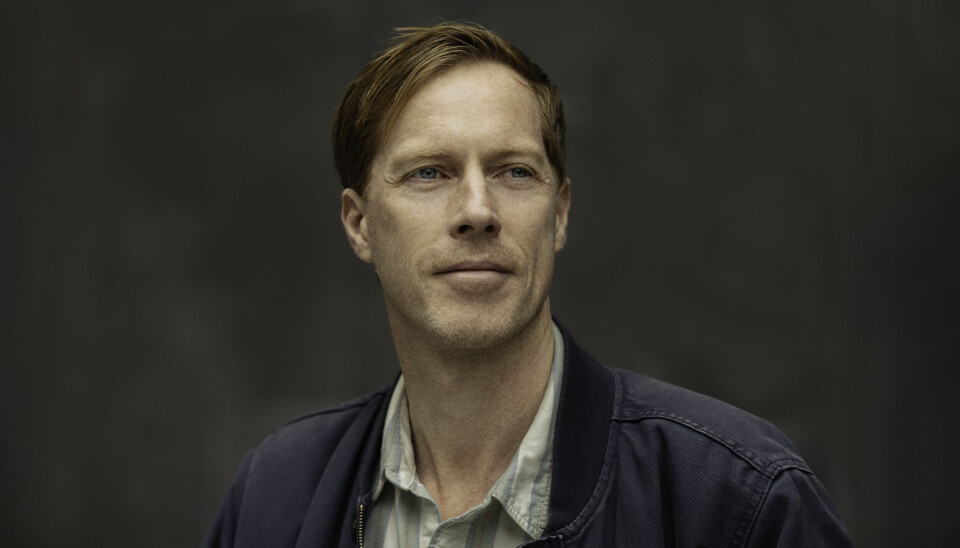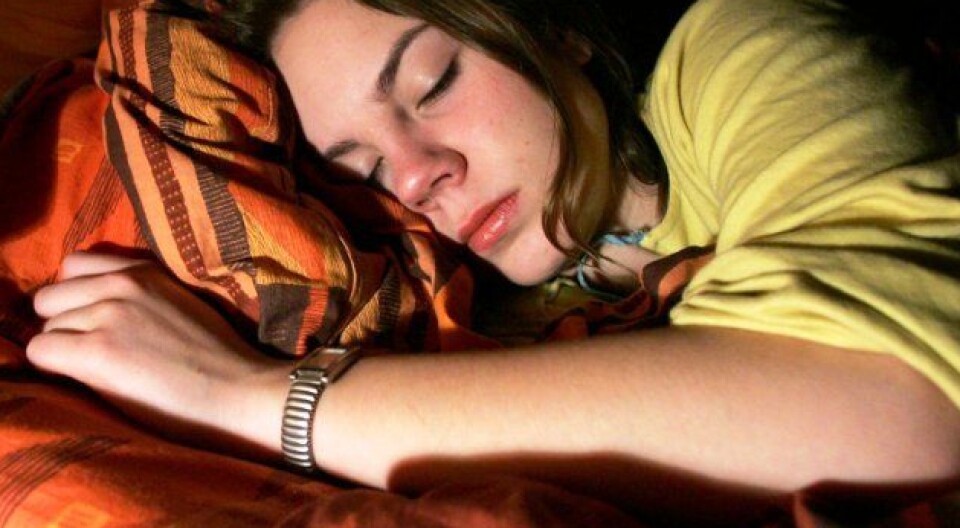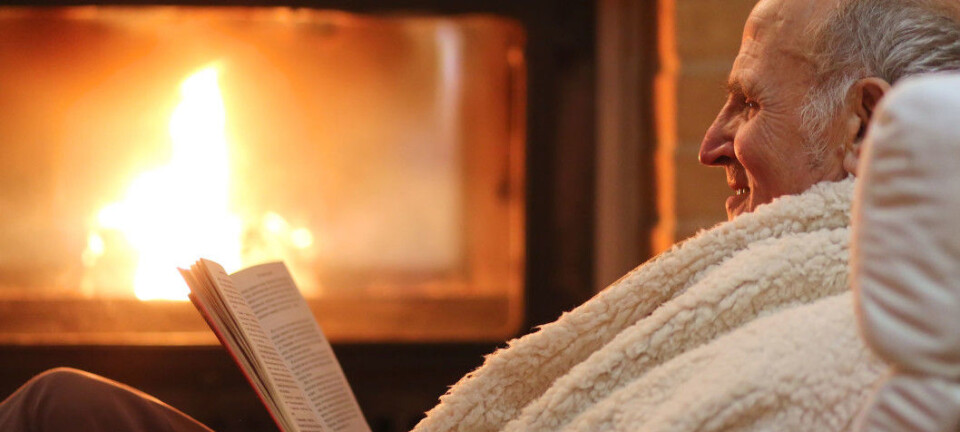
How to cope with autumn: "Go outdoors when it's light and take breaks from looking at screens"
Psychologist encourages people to put down their screens and reclaim daydreaming.
Feeling a bit low in autumn is natural, according to clinical psychologist and professor Rune Jonassen at OsloMet.
“It’s important to differentiate between the natural fluctuations we all experience and actual vulnerability,” he says.
Seasonal affective disorder, better known as winter depression, is a form of depression that follows the seasons and recurs.
Most viewed
Sometimes we become unbalanced due to factors like darkness. Jonassen calls this an adaptation challenge. Essentially, we are unable to adapt to natural changes.
The extent to which you are affected by this depends on the overall scope of protection and demands in our lives.
Something that can help us regain balance, according to Jonassen, is to go outside.
"Screens keep the brain on high alert"
"You should go outside for a walk when it's actually light during autumn and winter, even if you're busy. Take breaks from screens and phones," says Jonassen.
The mind simply needs rest, he explains.
"Much of what we use screens for, such as social media, is designed to keep the brain in a state of high alert. I think we can all feel a pressure at school, work, or as parents to seek answers or solutions outside of ourselves," says Jonassen.
He believes that over the past 15 years, we have been exposed to a vast number of norms through social media about how we should live our lives.
"I think the subjective sense of value can get a bit lost in all of this. We're biological, psychological, and social beings. Often, these aspects can't be separated from each other. But sometimes it's helpful to be aware that we prioritise by creating patterns to conserve energy," he says.
Have we stopped daydreaming?
For example, the brain likes daydreaming. Letting thoughts flow freely activates the resting network of the brain, explains Jonassen.
"I almost never see people who seem to be daydreaming anymore," he says.

Maybe children at school perceive it as negative or inattentive, he speculates.
"Biologically, it's not that at all. It just stands in the way of other demands," he says.
Catharina Elisabeth Arfwedson Wang, professor of clinical psychology at UiT the Arctic University of Norway, also believes it is wise to remember that we are biological beings.
"We've lost a bit of that perspective," she says.
Wang points out that psychologists have increasingly recognised that all emotions have an important function, from a biological perspective.
Have we forgotten the importance of the darker side?
Wang is also concerned about the importance of light in autumn.
"We live in constant light. You have to go far out into the countryside to see the stars. It's a good metaphor for seeing our lives. We live so illuminated all the time that we've forgotten the importance of the darker side," she says.
She believes humans have a tendency to separate themselves from nature.
"We experience the same seasons as nature, and just like in nature, they have a function," she says.
Expected to be happy all the time
Wang describes summer as a high-energy period. A lot needs to happen quickly, both for animals and humans.
"Feeling upbeat in the summer is important because there’s much to do, something the light contributes to," she says.
In autumn, the light fades, and something happens to us. It is important to conserve energy for winter, explains Wang.
"You feel more down, have less of a drive, and don't rush around as much. And you shouldn't, since nature's purpose is to conserve energy. You connect more with people – you hibernate instead of being out and about," she says.
Wang has researched depression throughout a long career. She emphasises that people should not think, 'what's wrong with me?' when they feel more low and have less energy and drive for a period.
"We live in a culture where we're expected to be happy, perfect, and cheerful all the time. That's not how life is - not from a biological perspective, nor from a philosophical one," she says.
Could it be a sign of spending little time outdoors?
Rune Jonassen also points to the importance of vitamin D.
"Sunlight is involved in the production of vitamin D. Low levels of vitamin D are associated with feeling down," he explains in an email to sciencenorway.no.
However, not all experts agree that low vitamin D leads to winter depression. Ida Hageman at the Mental Health Services in the Capital Region of Denmark suggests low vitamin D levels might rather be a sign of limited outdoor activity (link in Norwegian).
She believes it could be just as likely that people become depressed first and therefore stays indoors, resulting in low vitamin D levels.
Don't act like the bear
Acknowledging that we feel more down and lethargic in autumn is important and should not be seen as a problem, according to Wang.
"At the same time, we must not act like a bear and go 'into full hibernation.' That could actually lead to true depression," she says.
In this sense, Wang believes that winter holidays serve an important function, allowing us to connect with each other and have something to look forward to.
"A tip could be to accept and use your past experiences from previous years," suggests Rune Jonassen.
He says these experiences can help you find activities that make you feel better.
"Not just to get through the winter, but to be present here and now," he says.
———
Translated by Alette Bjordal Gjellesvik
Read the Norwegian version of this article on forskning.no
Related content:

Subscribe to our newsletter
The latest news from Science Norway, sent twice a week and completely free.






































